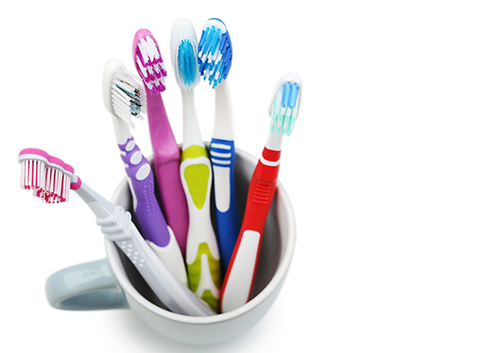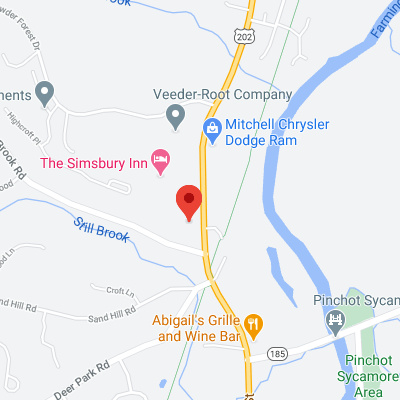We Appreciate You Pat!
September 7th, 2023

“My 5-month-old daughter had her lip, tongue and buccal ties removed with Dr. Azadpur. The entire staff and doc were on point in explaining everything pre, post- op and during. They made us feel very comfortable and at ease. Highly recommend!!!” - Parent
This month is Office Manager Appreciation Month! That means we are celebrating our fabulous office manager, Pat Pagani!
Pat is our guiding light. She handles all the HR tasks, supports our doctor and the clinical team, is the main point of contact for most of our vendors, smooths things over when things get rough, talks with parents of patients when necessary, hires new staff, maintains precise records, and so much more!
She is one of the most patient and kind people you will ever meet. She has a warm and wonderful way of listening and can get right to the heart of the matter when things go wrong. She is incredibly organized and knowledgeable about nearly everything in the office. She is funny and LOVES her dogs.
We are so grateful to Pat and the many years she has given to our practice. Thank you, Pat for all your hard work!
School is in session. Nearly all our patients are in school. We do our best to accommodate scheduling requests but please understand if we can't meet everyone's needs at the same time. It is a lot harder for the middle/high schoolers to miss school and the college kids have limited times when they are home, and we do what we can to work with you when scheduling your child's next appointment.
As a reminder, Dr. Azadpur has performed many very successful frenectomies here in the office, including one on a 3-day old baby! This life changing procedure is done, after an initial consultation, using a laser, and the recovery time is very quick. For our littlest patients, it means they will be able to nurse successfully, and for our older patients, it has proven to help with speech and eating issues.







